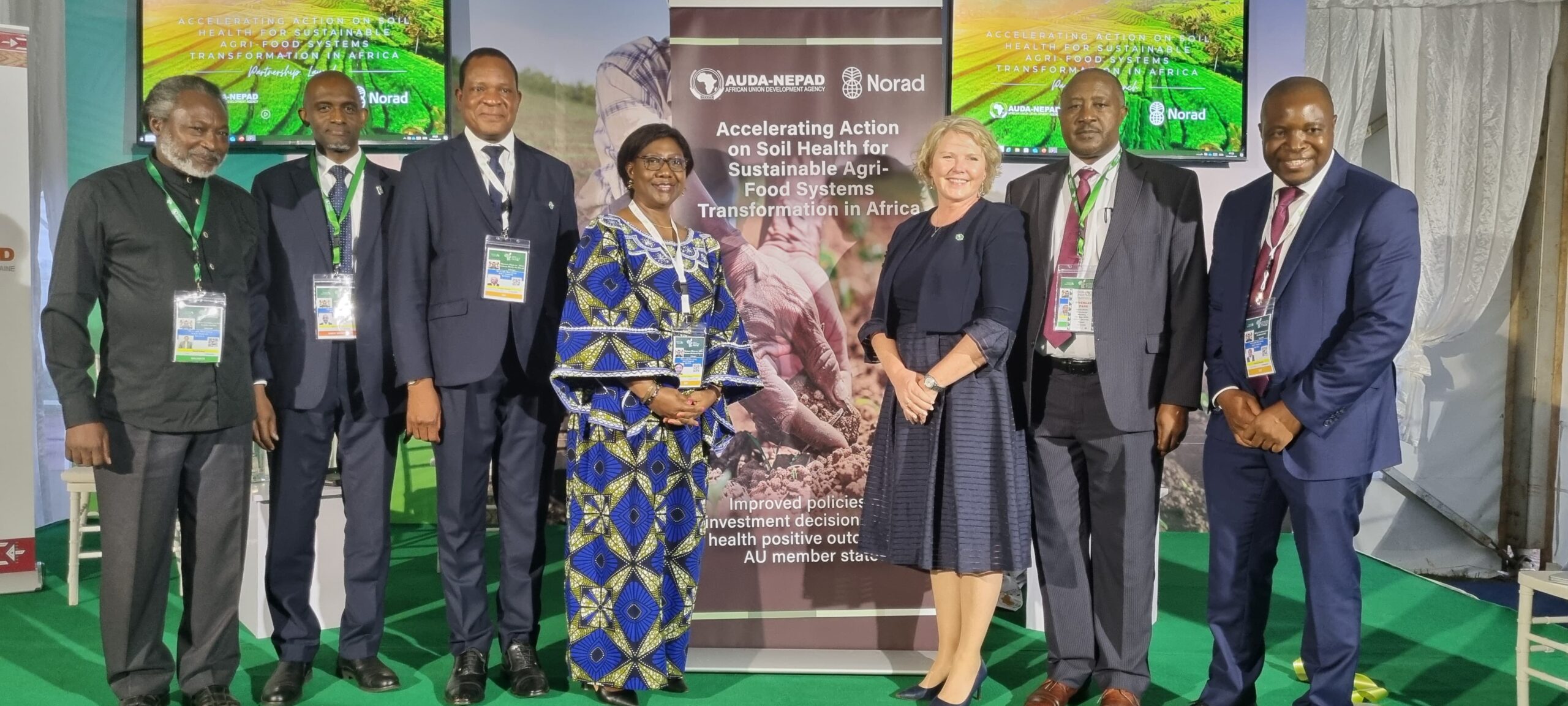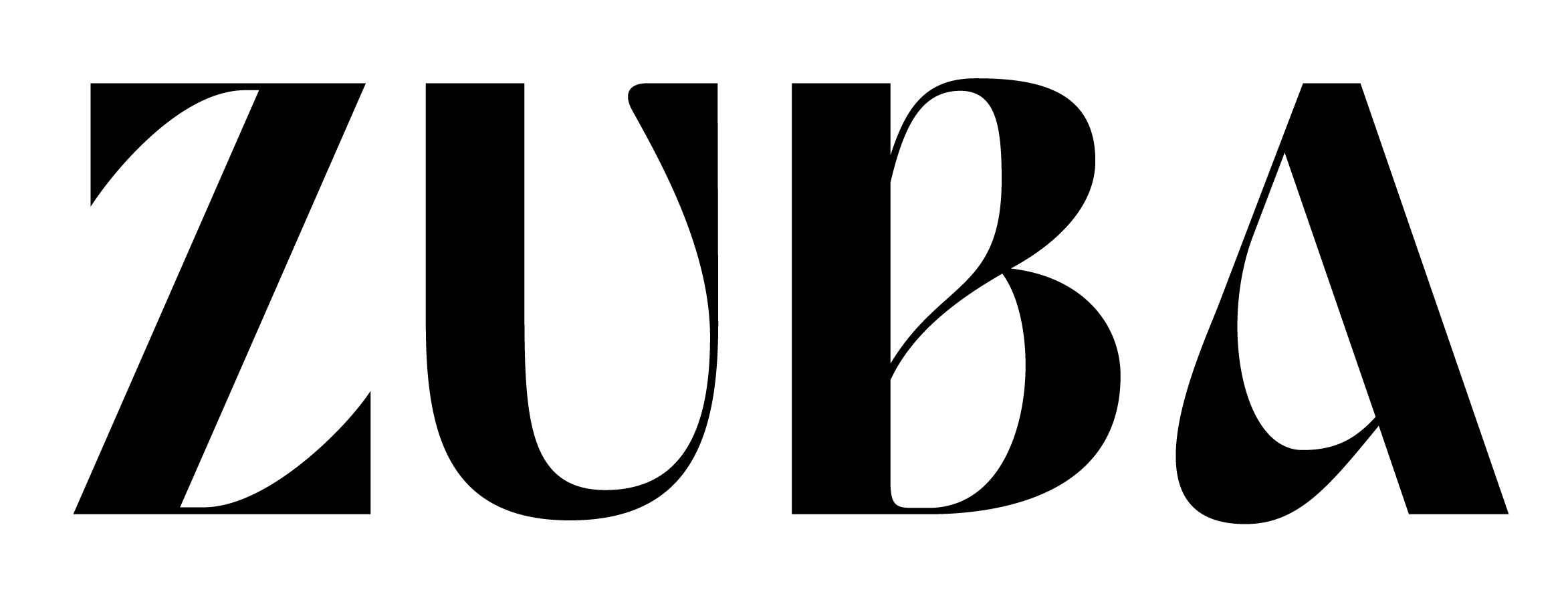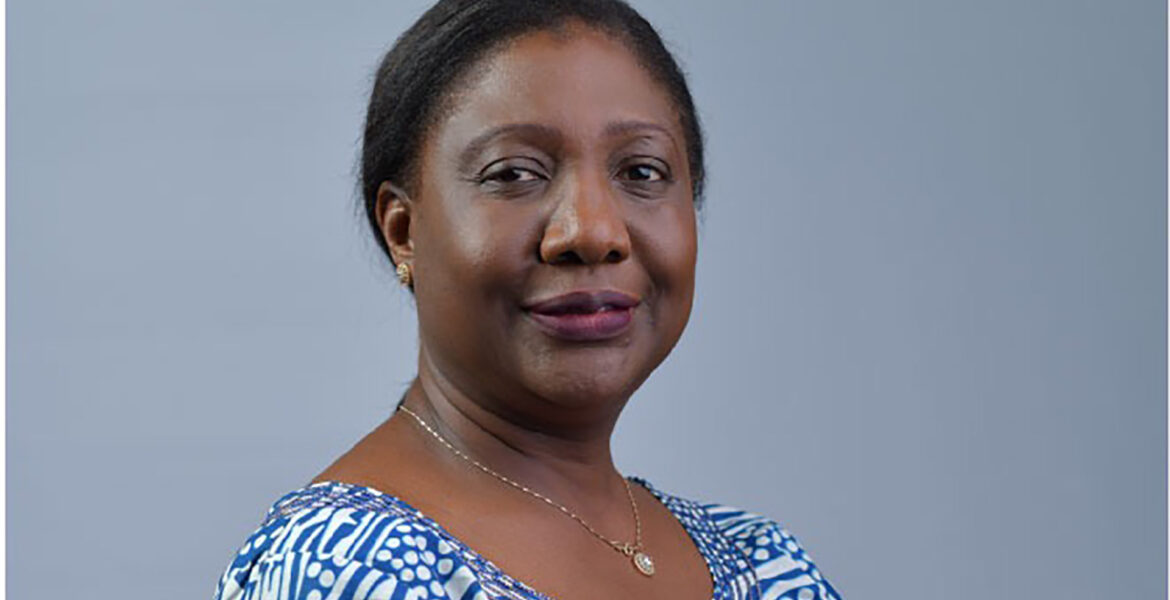Ms. Estherine Lisinge-Fotabong is at the helm of Agriculture, Food Security, and Environmental Sustainability at AUDA-NEPAD, the African Union Development Agency-NEPAD. As a critical organization mandated by the Assembly of Heads of State and Government, AUDA-NEPAD spearheads regional and continental projects crucial for achieving Agenda 2063, Africa’s framework for development.
We recently engaged in a discussion with her during the Africa Fertilizer and Soil Health Summit 2024 in Nairobi, Kenya. Themed ‘Listen To The Land’, this summit convened African leaders to tackle soil health issues and marked the unveiling of significant projects, including the Nairobi Declaration on Africa Fertilizers and Soil Health. Additionally, AUDA-NEPAD and the Government of Norway launched a transformative partnership aimed at enhancing soil health for sustainable food systems across Africa. This ambitious three-year program is designed to support AU member states in implementing the resolutions of the Africa Fertilizer and Soil Health Summit.
Could you elaborate on the significance of the Nairobi Declaration on Africa Fertilizers and Soil Health, and how AUDA-NEPAD plans to support its implementation through the newly launched program with NORAD?
We are excited! AUDA-NEPAD has been very involved in working with our colleagues at the Commission to develop the declaration draft and the action plan, and we are very satisfied with where the discussions have gone. We are all set up through the program that we launched at the summit in partnership with the Norwegian Government (NORAD) to support the implementation of the outcomes of the summit.
What kind of support are you looking at extending through this partnership with NORAD?
The program will support member states to develop their own national action plans to domesticate the continental action agenda adopted by the heads of state. It will also support member states to put in place proposed information management systems to collect, analyze, and store data related to soil to facilitate decision-making and inform productivity and investment decisions. Additionally, it will support the identification of investment areas and conduct advocacy on the importance of soil health for production, environmental sustainability, and the socio-economic empowerment of communities living and utilizing the soil for different land use purposes especially for farming.

In 2014, African leaders adopted the CAADP Malabo Declaration for Agriculture Transformation in Africa. How does the newly adopted Nairobi Declaration on Africa Fertilizer and Soil Health align with the Malabo Declaration and what role will it play in shaping the post-Malabo framework?
The declaration that has been adopted here is seen within the bigger context of the post Malabo work. We are working to design a new framework for the Comprehensive Africa Agriculture Development Programme (CAADP) implementation because the Malabo Framework is coming to an end in 2024. So in February 2025, at the Head of State summit, there will be a Post Malabo framework adopted and critical areas that have not been given significant concentration in the last 10 years of Malabo implementation will be an integral part of the new framework and in this instance the issue of the fertilizer and soil health will be a critical component.
Women continue to play a significant role in Africa’s agricultural sector. How will their inclusivity be prioritized in the development of the post-Malabo framework?
The post-Malabo framework will strongly focus on women and youth involvement in the agricultural and food systems sector. We have different technical working groups preparing for this framework, one of which AUDA-NEPAD coordinates on youth and women inclusion.
so we will be contacting different people in these groups to participate in the consultations that we are going to be organizing in the course of the year to get reflections from them on the critical elements that should appear on the declaration as well as the action plan with a focus on making sure youth and women are empowered to participate fully in this space.
AUDA-NEPAD has been instrumental in empowering women smallholder farmers through initiatives like the Gender Climate Change and Agriculture Support Programme (GCCASPS). Can you outline the support provided to them thus far through this program?
Gender is very close to my heart. We have been running the Gender Climate Change and Agriculture Support Programme (GCCASPS) for nearly 10 years, working with five countries including Rwanda, Mali, and Morocco, and conducting continental activities. The program has four main components: one is strengthening the ministries of gender in our countries. When we started, most ministries did not have integrated strategies for mainstreaming gender into agriculture and climate change, nor databases of smallholder women farmers. Through this program, they now have information systems with detailed knowledge of the women farmer groups that we support.
The second aspect of the program is creating platforms at the national levels for consultations between women smallholder farmers and policymakers. All participating countries have established these platforms. The third aspect is providing small financing to support investments by women smallholder groups. They have benefited from resource training, such as creating organic fertilizers, learning how to utilize these fertilizers and how to judge the health of the soil. So this program has actually been in advance to the discussions that have been taking place at the Africa Fertilizer and Soil Health Summit 2024.
In addition to the work at the country level, we have been supporting women smallholder farmers as businesses through the Women in Agribusiness Forum. For the past four years, this forum has convened in Durban, bringing together women from across the continent. The week-long programs include plenary sessions on policy issues, product exhibitions, and training on subjects identified in previous forums. This has been crucial for networking and exposing women to financing opportunities.
In what ways is AUDA-NEPAD making agriculture more appealing to women and youth?
Women and youths are important actors of the agricultural sector because as we speak evidence shows that the average age of farmers on the continent is 60 years. This is really scary but the language that AUDA-NEPAD uses as well as the African Union in general is to say agriculture is a business, the food system is a business. We look across value chains to encourage young people to participate, not just in farming, but also in processing, marketing, distribution, or research and a lot of young people have been doing brilliantly through innovation.

